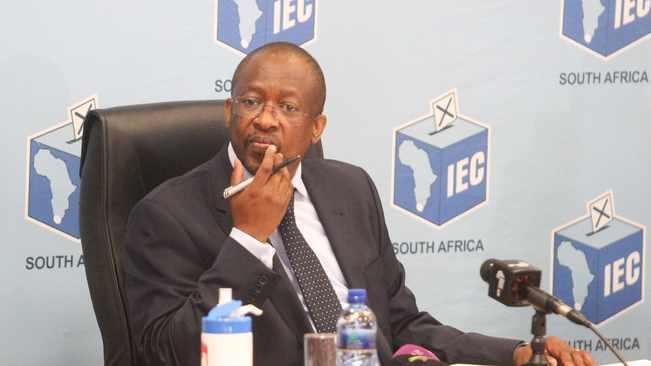Africa-Press – South-Africa. Cape Town – The National Council of Provinces (NCOP) said yesterday it would not compromise the public participation process when it considers the Electoral Laws Amendment Bill.
The undertaking was made when the Electoral Commission of South Africa made a presentation to the justice and security select committee on the bill.
The bill was referred to the NCOP after it was passed by the National Assembly last week.
The electoral body had indicated that it hoped the bill would be passed and become law in February the earliest so that it can fully prepare for the 2021 local government elections.
Committee chairperson Shahidabibi Shaikh said they would not compromise the public participation process.
“We will advertise as soon as we can. We would give the public sufficient time until January 22 to make necessary submissions they need to make,” Shaik said.
She said they planned to convene a meeting of the committee towards the end of January to consider the submissions and agree on a process to move forward.
The bill seeks to amend the Electoral Commission Act, the Electoral Act, and the Local Government: Municipal Electoral Act.
Briefing the select committee, commissioner Mosotho Moepya said they reviewed the legislations and then made recommendations to Parliament.
He said the periodic review was necessary for the framework of the conducting of the elections.
“These amendments are proposed mainly from the experience we have had and lessons we have learnt and consultations following the last elections in 2019.
“We believe it is important that the amendments are put into an amendment bill to ensure the smooth management and conducting of our elections,” Moepya said.
Chief electoral officer Sy Mamabolo told MPs that the bill provided for voters to vote in voting stations they were not registered at upon notifying the chief electoral officer of their intention to do so.
The delegates to the NCOP also heard that the bill also provided for voters appearing on the country’s voters roll to notify the chief electoral officer if they would go overseas on the voting to cast their ballot at an embassy.
Expatriates, who are appearing in the voters’ roll for persons ordinarily resident at a place outside South Africa, would need to present themselves at the embassy on the election day.
Mamabolo said the bill was also inserting a clause that made the code of conduct for elections to be binding once a notice calling for elections was announced.
He also said there was also a provision that provided for the determination of the number of seats in the legislatures.
The MPs also heard that the bill also made a provision for registration parties at national, provincial, district municipality and metro municipal level.
Currently the registration of parties is only at national or municipal level.
Mamabolo said any person could register a party and objections be lodged within 14 days with the IEC.
The provision requires objectors to object at the initial stage of application.
Mamabolo also said the bill also made provision for the electoral officer to redact information in the voters roll when candidates for parties pay a prescribed fee for a copy of the voters roll.
Mamabolo also said the bill also provided for parties to make electronic submission of candidates list, and submit acceptance of nomination by candidates when it was required by the commission within a stipulated time.
In addressing the Constitutional Court judgement on voter addresses, Mamabolo said: “We are proposing a varied procedure that entails supplying addresses before being given a ballot paper.”
Political Bureau






